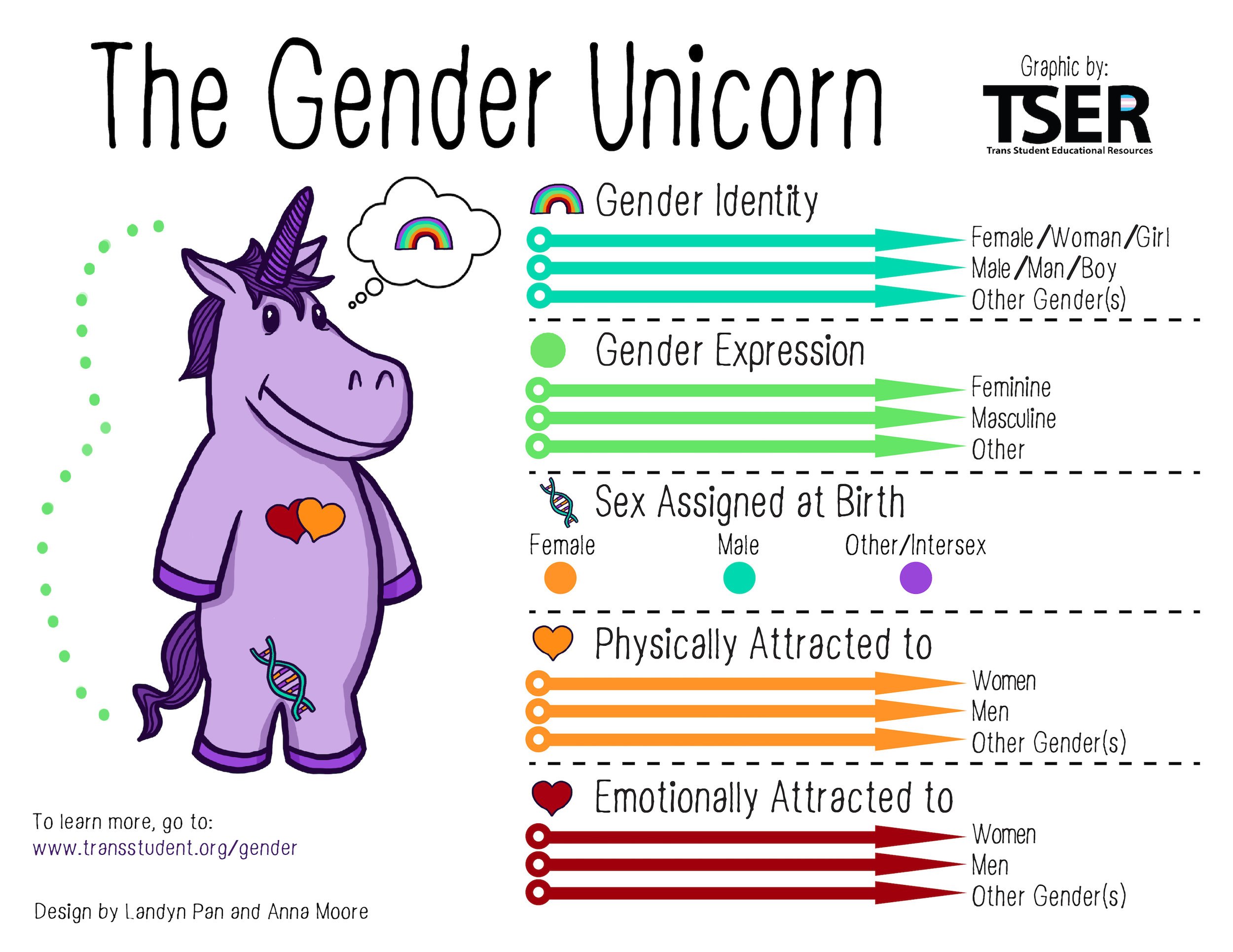“Gender is not something that one is, it is something one does, an act…a doing rather than a being.”
-Judith Butler
Exploring new vocabulary and ideas about gender and sexuality is a powerful way to expand our understanding of the diverse experiences that make up the human condition. Language shapes how we perceive ourselves and others, and by learning new terms, we can create more inclusive, respectful spaces where everyone feels seen and valued. Embracing a broader vocabulary helps to break down stereotypes, encourages empathy, and challenges long-held assumptions. It’s not just about finding new words, but about opening our minds to the richness of human identity and expression. By engaging with new ideas, we build a more accepting society where people can freely express who they are, without fear of judgment or misunderstanding.
Gender Identity: This is how an individual names their own experience of gender.
Gender Expression: This may be how someone chooses to style their hair, the clothing they wear, or the pronouns they prefer.
> Parent Tip: Introducing yourself with your preferred pronouns can indicate that you care and it invites others to do the same.
Perceived Gender: This is how people you encounter see and understand your gender.
Sex (Assigned at Birth): Sex defines our biological differences, though this is usually determined by only external genitalia.
Other things to consider: Internal Organs, Hormones, Chromosomes, and Secondary Characteristics.
Helpful Article: Sex Redefined: The Ideas of 2 Sex is Overly Simplistic
Sexuality (or Sexual Orientation): Focuses on attraction; Sexual, Romantic, Emotional, Physical, Spiritual, and Intellectual. A person’s gender does not determine who they are physically or emotionally attracted to.
Gender Sex Sexuality
Crash Course Sociology #31: Sex and Sexuality
For this video, you may want to take notes.
Vocabulary Reviewed: Sex, Intersex, Gender, Gender Identity, Transgender, Cisgender, Sexuality, Sexual Scripts, Heteronormativity, and Queer Theory.
*For more on gender as a performance, check out work by feminist philosopher, Judith Butler, who coined the term, “gender performativity” in their book Gender Trouble.
Gender, sex, and sexuality exist on a spectrum. Binary thinking has led us to create fixed categories; however, as the video above stated, our understanding of who a “man” is and what is considered “sex” differs over time, in various regions, and across cultures. Think about the person you were when you became a parent, you have likely changed and evolved since then. These parts of our identity are changing as well!
"It is not our differences that divide us. It is our inability to recognize, accept, and celebrate those differences."
— Audre Lorde

